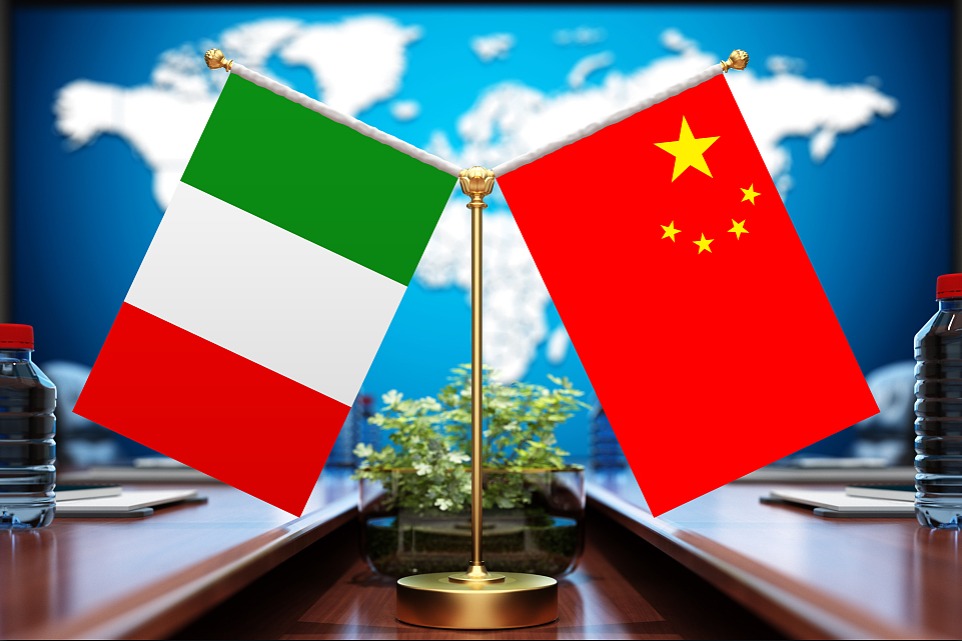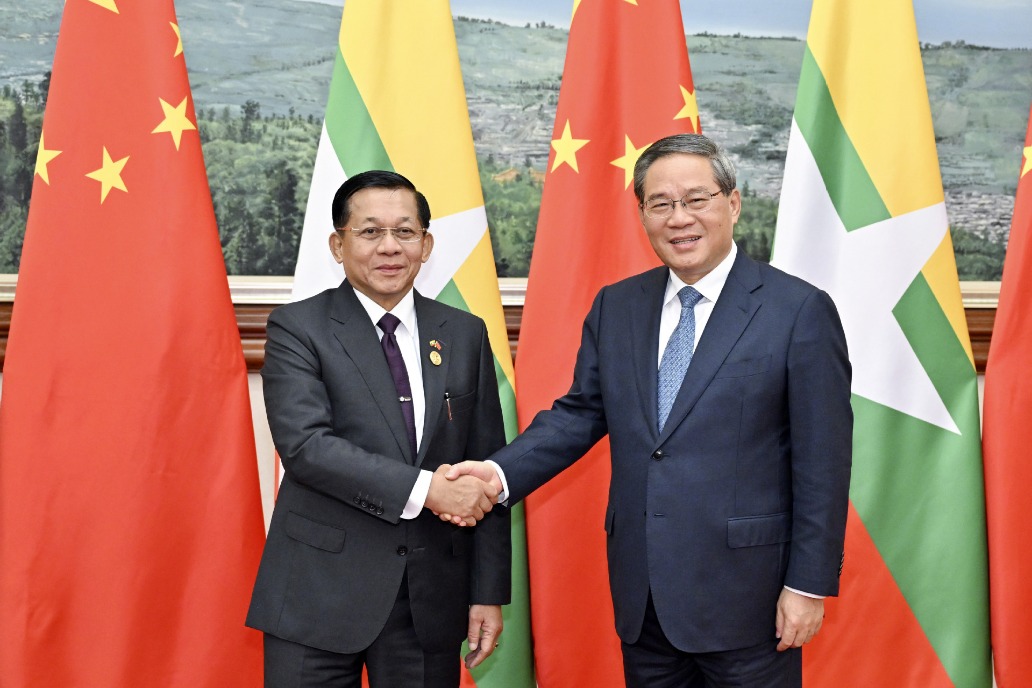Opinion leaders praise tangible benefits of BRI

Scholars and officials have praised the tangible benefits and advantages that the Belt and Road Initiative has brought at a think tank forum held on Wednesday in Beijing.
The scholars, including some former political leaders of BRI partner countries, made their remarks at the sub-forum on think tank exchange at the third Belt and Road Forum for International Cooperation.
Li Shulei, a member of the Political Bureau of the Communist Party of China Central Committee and head of the Publicity Department of the CPC Central Committee, attended the event and delivered a speech.
"This project brings new hope to third-world countries," said Jiri Paroubek, former prime minister of the Czech Republic.
It comes with investments that build new infrastructure, create job opportunities, stimulate trade and economic growth, and enhance the living standards of people in the country, he said. "I like the principle of the win-win approach."
As to some distorted Western descriptions of the BRI, "sometimes it is a misunderstanding, sometimes it is an intention", Paroubek said.
Yukio Hatoyama, former Japanese prime minister, expressed similar views. He cited the example of the Asian Infrastructure Investment Bank in relation to the BRI, and said that in Japan, there is a widespread negative perception of the AIIB, viewing it as a means for China to seek dominance.
Many experts in the field of development assistance believe that most of the AIIB's investment projects follow a co-financing approach with major international development finance institutions like the Asian Development Bank and the World Bank, which are capable of adhering to international standards and have sound mechanisms in place, Hatoyama said.
"However, in practice, staying true to 'facts' can be the most challenging part," he said. "One of the crucial tasks of think tanks is to disseminate this factual understanding and correct misconceptions." He argued that Japan should consider joining the AIIB to collectively elevate its investment and financing standards.
Considering all the challenges, including political, military, climate, economic, demographic and cultural, the global role of the BRI will strengthen, which has the potential to expedite the restoration of global peace, according to Temir Sariev, former prime minister of Kyrgyzstan.
Standing at the new starting point of the 10th anniversary, Sariev said that the BRI should evolve into a global community of security, trust and fairness, where nations can unite and embark on the quest for a new world order.
The sub-forum was attended by scholars and officials from some 40 countries and regions.

































